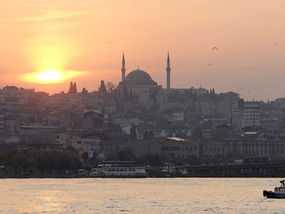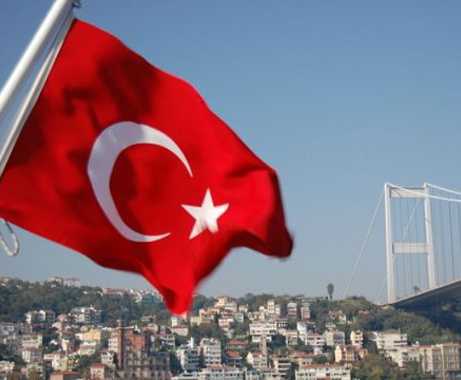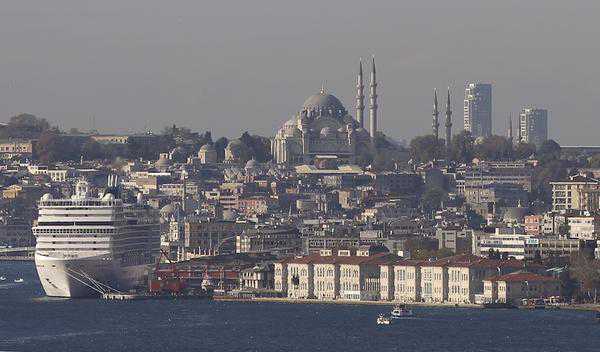By, Ivan Watson and Yesim Comert, CNN
Within the last 15 days, several Greek Orthodox bishops have crossed oceans and continents to travel to a police station in Istanbul where they picked up an unexpected gift: Turkish passports.
Since September, the Turkish government has granted passports and Turkish citizenship to at least 17 senior foreign clerics from the Greek Orthodox Church.
“This is a real surprise,” said Father Dositheos Anagnostopulos, a spokesman for the Ecumenical Patriarchate of Constantinople, in an interview with CNN on Friday.
The Turkish passports may mark a turning point for the patriarchate, an ancient and beleaguered Christian institution based in Istanbul that some observers feared was on the verge of dying out.
Turkey is home to a dwindling community of fewer than 3,000 indigenous Greek Orthodox Christians.
Granting citizenship to foreign clerics dramatically expands the pool of eligible candidates to succeed the current ecumenical patriarch, 70-year old Bartholomew, after he steps down.
“It is a significant change because at last the patriarchate can continue with its own norms and laws,” Anagnostopulos said.
The ecumenical patriarch’s followers believe he is the 270th spiritual descendant of the Apostle Andrew.
For decades, the Turkish government has refused to recognize the patriarch’s title, which means “first among equals.” The ethnic Greek minority in Turkey was long an object of suspicion as a result of ongoing tensions throughout the 20th century between Turkey and neighboring Greece.
Discriminatory government policies prompted tens of thousands of ethnic Greeks to flee Turkey in successive waves of emigration starting in the 1950s.
Recently, however, the Turkish government has quietly taken steps to ease restrictions on the patriarchate.
Last week, Turkish authorities returned ownership of a century-old orphanage that had been seized from the patriarchate in 1997.
Earlier this year, lawyers from the patriarchate won a legal battle over ownership of the historic wooden building before the European Court of Human Rights.
The court fined the Turkish government 26,000 euros and ordered it to return the property.
Finally last August, Ankara allowed Bartholomew to hold religious ceremonies in a cliffside Byzantine-era monastery near the Black Sea for the first time since the 1920s.
“A more tolerant society is emerging in Turkey,” said Egemen Bagis, Turkey’s top negotiator in its troubled bid to join the European Union.
“The situation in Turkey might not be perfect. But it is definitely better. And it is improving day by day,” said Bagis, at a religious freedoms conference at the European Parliament in Brussels last month.
Bagis, Turkey’s minister for European Union affairs, gave the speech after receiving an award for “his efforts on behalf of religious minorities in Turkey” from an American Greek Orthodox community leader.
Despite these strides forward, Patriarch Bartholomew, who is believed some to be the spiritual leader of the world’s 250 million Orthodox Christians, has not dropped his demand that Ankara reopen the long-shuttered Halki
Seminary.
Turkey ordered the theological school, which trained generations of Greek Orthodox priests, closed in 1971.
via Turkey reaches out to Greek Christian minority – CNN Belief Blog – CNN.com Blogs.





